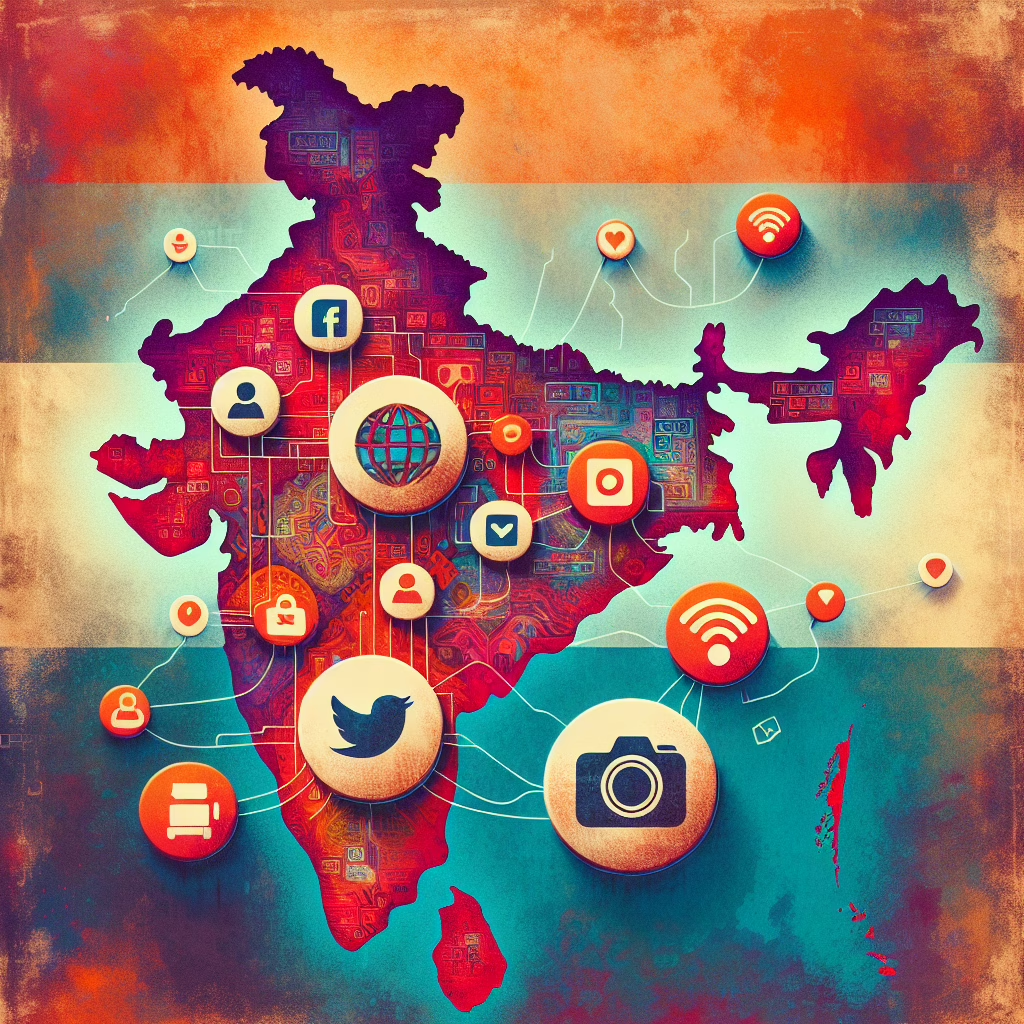In a move that has sent ripples across the digital landscape, India has ordered X to block a whopping 8,000 accounts. This situation raises eyebrows and begs the question: what does this mean for VPNs and our cherished online privacy? Let’s unpack this with a sprinkle of humor and a dollop of insight!
What Happened? The Account Blockade
So, here’s the scoop: India’s government has taken decisive action against what they deem as harmful accounts on X. Imagine trying to catch a bunch of pesky flies, but instead of using a flyswatter, you just decide to block every fly within a five-mile radius! That’s essentially what’s happening here. The accounts in question range from political voices to influencers who may have dared to express an opinion that didn’t align with the government’s vision.
This blockade is not just about silencing dissent; it raises significant concerns regarding freedom of expression and the role of technology platforms in moderating content. Enter the VPN. For many users, VPNs are like digital cloaks of invisibility, helping them navigate around government-imposed restrictions while keeping their online activities private. But how does this latest development impact your trusty VPN?
VPNs to the Rescue?
The good news is that VPNs might just be your best friend in this scenario. With a VPN, users can mask their IP addresses and access blocked content as if they were browsing from another country—like having a virtual passport to bypass any pesky border control! However, it’s important to note that while VPNs can help circumvent blocks, they aren’t foolproof. Governments are getting increasingly savvy about detecting and blocking VPN traffic, so it’s like playing a high-stakes game of hide and seek.
But fear not! If you choose a reputable VPN provider known for its strong encryption practices and commitment to user privacy, you’re setting yourself up for success in this digital maze. Just remember: not all heroes wear capes; some encrypt your data!
The Bigger Picture: Privacy Matters
This situation also brings us back to the broader topic of online privacy. As governments worldwide step up their surveillance and control measures, understanding how to protect your digital footprint becomes more critical than ever. Just think of it like locking your doors at night; it’s always better to be safe than sorry!
Moreover, using a VPN isn’t just about accessing blocked content; it’s about safeguarding your personal information from prying eyes. With hackers lurking around every corner (like the digital equivalent of creepy alleyway dwellers), employing a VPN can help shield you from unwanted attention.
What Should You Do?
If you’re concerned about your online presence in light of these developments, here are some steps you can take:
- Choose Wisely: Not all VPNs are created equal! Research providers that have solid reputations for privacy protection.
- Stay Informed: Keep an eye on news regarding internet regulations in your country. Knowledge is power!
- Use Encryption: Whenever possible, use encrypted communication methods for sensitive discussions.
- Practice Good Cyber Hygiene: Regularly update passwords and avoid oversharing on social media.
In conclusion, while India’s decision to block these accounts might feel like a scene from an overly dramatic movie, it serves as a reminder of the ongoing battle for digital rights and privacy. So gear up with your favorite VPN, stay informed, and continue surfing the web like the savvy netizen you are!
We’d love to hear your thoughts on this issue! Do you think using a VPN is enough in today’s climate? Share your insights in the comments below!
A big thank you to TechRadar for their insightful coverage on this topic.

